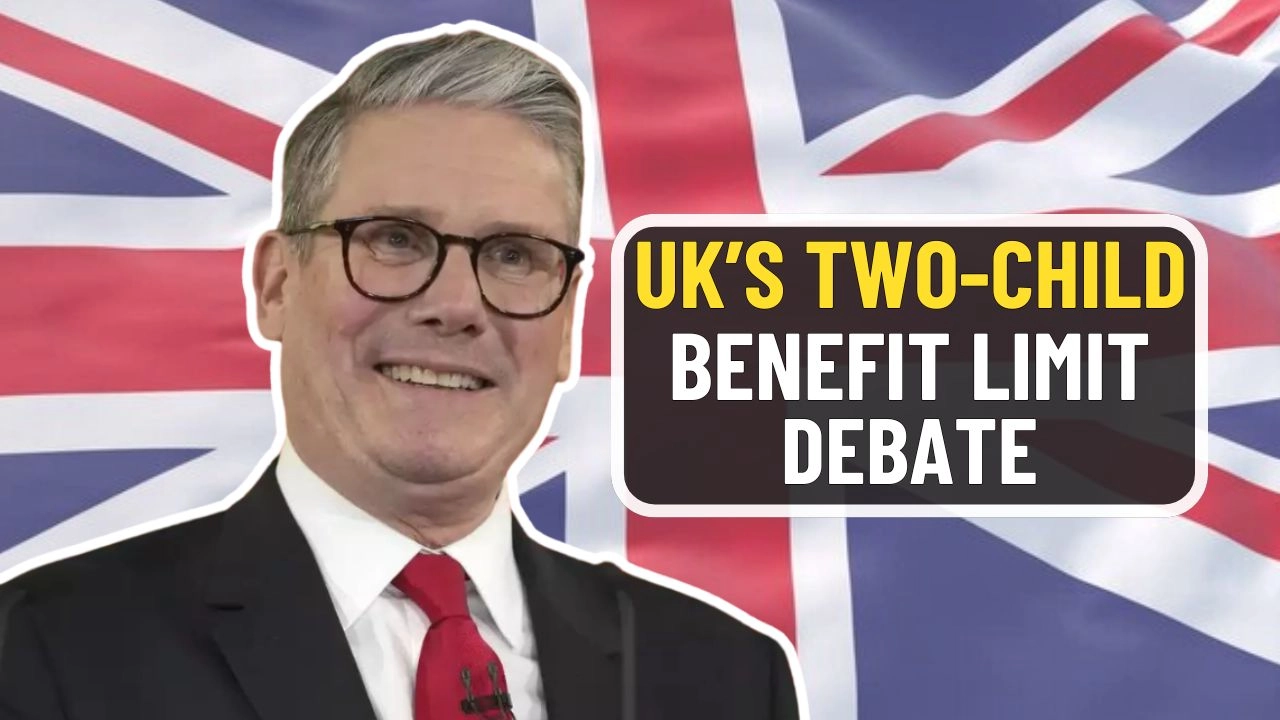Introduced in April 2017, the two-child limit on Universal Credit and Child Tax Credit continues to be one of the most hotly debated elements of the UK’s social welfare system. The rule restricts benefit payments to cover only the first two children in a family, except under very limited and specific conditions. Initially implemented to mirror the economic choices made by non-benefit-receiving families, this measure has since become a focal point of political, economic, and social discourse.
Far-Reaching Impact on Vulnerable Households
Data indicates that the effects of the cap are both extensive and profound. Around 1.6 million children across the UK currently live in households where the two-child policy is in effect. Out of these, roughly 450,000 children face a direct reduction in financial support. This policy disproportionately affects larger families who rely on benefits, creating a significant shift in their financial stability and daily living conditions.
Renewed Calls for Abolishment Amid Political Pushback
In July 2024, the Scottish National Party reignited the controversy by pushing for an amendment aimed at scrapping the two-child restriction. The move, led by Stephen Flynn, the party’s Westminster leader, emphasized the policy’s contribution to increasing child poverty rates in Scotland. Although the amendment gained traction and backing from a mix of MPs across parties and independents, it was ultimately blocked in the House of Commons due to Labour’s strong majority.
Labour’s Complex Stance and Internal Dilemmas

The Labour Party’s positioning on the matter has been one of careful avoidance rather than direct opposition. Party leader Sir Keir Starmer has consistently refrained from making firm promises about abolishing the cap. Instead, he has chosen to center Labour’s agenda on economic recovery and growth, a strategy that has led to internal disputes among party members, especially those advocating for immediate reforms to help struggling families.
Disproportionate Impact on High-Poverty Regions
Families with more than two children, many of whom at some point claim government support, bear the brunt of the two-child limit. Critics of the policy argue that it exacerbates poverty and disproportionately burdens communities already experiencing high levels of deprivation. In areas such as Glasgow, Fife, and North Lanarkshire, the consequences are particularly stark, with a growing number of children being pushed further into hardship.
Strict Exceptions Under Tight Scrutiny
Despite the overarching limit, the policy allows for specific exceptions, though these are narrow and come with controversial conditions. The most debated exemption involves cases where a child was conceived as a result of a non-consensual sexual act, often referred to as the “rape clause.” Additional exceptions apply to children from multiple births or certain adoption circumstances, but these also require extensive documentation and are granted only after thorough verification, adding another layer of complexity for affected families.
The Road Ahead Remains Unclear
As it stands, the future of the two-child benefit policy remains uncertain. Although opposition voices continue to advocate for its repeal, economic pressures and budgetary concerns are likely to delay any immediate action. With the cost of living rising and inflation remaining a concern, the government appears reluctant to introduce major welfare spending reforms in the near term.
A Persistent Challenge in the UK’s Welfare Landscape
The two-child cap remains a symbol of broader ideological battles over welfare and family support in the UK. Its role in driving child poverty and reshaping benefit eligibility continues to fuel political and public debate. As the conversation around social support systems evolves, it is crucial for families affected by this rule to stay informed, seek available support, and engage with advocacy efforts. The outcome of this policy debate will play a key role in shaping the direction of the UK’s social welfare priorities in the years to come.

